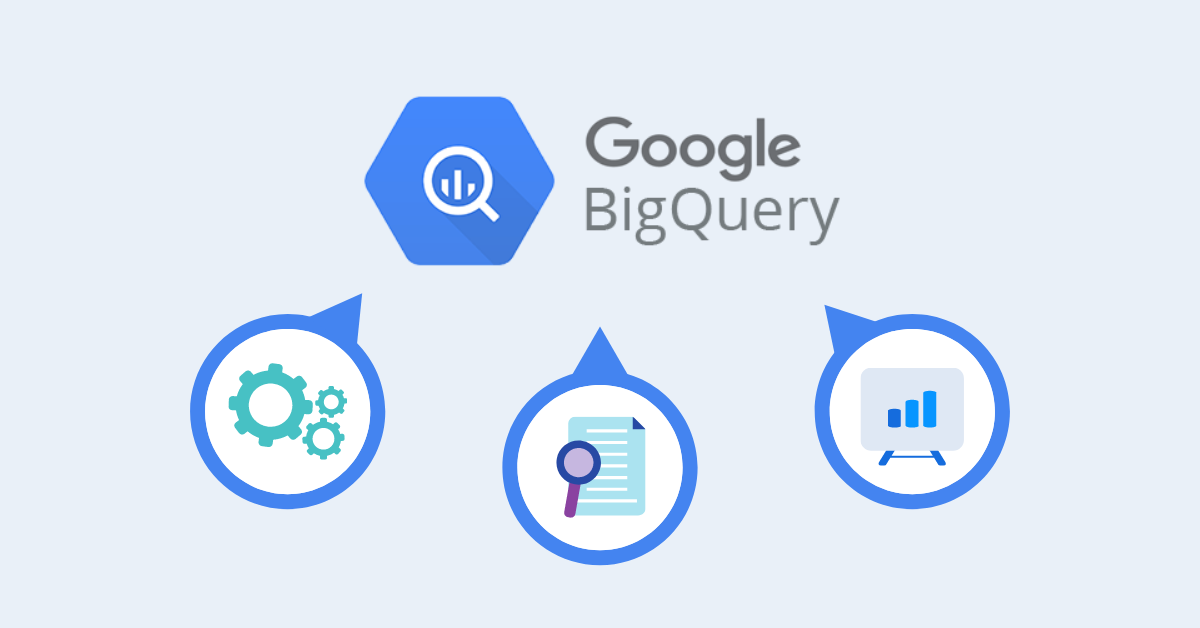Introduction
Data has become the new cornerstone of business, serving as a crucial asset for gaining a competitive edge. However, the rapid growth of data volumes has exposed the limitations of traditional on-premises data warehouses in terms of scalability, performance, and cost.
Cloud data warehouses have emerged as a compelling solution to address these challenges and accelerate data utilization in businesses. Among them, Google Cloud’s BigQuery stands out with its high speed, scalability, and simplified operations management, experiencing rapid adoption.
In this article, we will delve into BigQuery’s features and use cases by exploring its overview, business benefits, implementation examples, and comparison with other services.
What is a Data Warehouse?
A data warehouse serves as a centralized repository for collecting data generated from various systems within an organization to facilitate informed decision-making. It enables efficient storage and management of large datasets, facilitating high-speed analytical processing while maintaining data integrity and quality. Data warehouses are primarily utilized for business intelligence (BI) and data mining applications.
Types of Data Warehouses
1. On-premises Data Warehouses:
Organizations install and manage hardware and software within their data centers for on-premises data warehouses. This approach involves substantial upfront investment and operational costs, but it offers high data confidentiality and seamless integration with existing systems. However, on-premises data warehouses often fall short in terms of scalability and flexibility compared to cloud-based solutions.
Examples:
- Oracle Exadata
- IBM Db2 Warehouse
- Microsoft SQL Server
2. Cloud Data Warehouses:
Cloud data warehouses leverage managed services provided by cloud providers. This eliminates the need for hardware procurement and management, enabling cost optimization through a pay-per-use model. Cloud data warehouses offer high scalability and flexibility, facilitating easy expansion to accommodate growing data volumes. Additionally, security and availability are guaranteed by the cloud provider.
Examples:
- Amazon Redshift
- Google BigQuery
- Snowflake
- Microsoft Azure Synapse Analytics
3. BigQuery Overview
BigQuery is a fully managed cloud data warehouse offered by Google Cloud. It is renowned for its ability to analyze petabyte-scale big data at high speed and with simplicity.
BigQuery’s architecture is comprised of a unique distributed system consisting of storage (Colossus), execution engine (Dremel), and cluster management (Borg). High-speed processing of large datasets is achieved through storage and compute separation, fast scanning enabled by columnar format and compression techniques, and dynamic node allocation.
Key Features of BigQuery
1. Fully Managed & Serverless:
BigQuery eliminates the burden of infrastructure management and capacity planning. Its serverless architecture allows users to focus solely on data analysis without the complexities of system configuration and tuning.
2. High Speed & Large Scale:
Leveraging columnar databases* and distributed processing techniques, BigQuery can analyze petabyte-scale data within seconds. Support for standard SQL simplifies query execution, enabling interactive analysis with real-time query result visualization.
3. Columnar Databases:These databases store data in columns rather than traditional row-based storage. For instance, MySQL and PostgreSQL store each data point as a single record, while columnar databases store values belonging to the same column contiguously. This significantly enhances processing performance for extracting specific column values or calculating their aggregates, making them widely used in data analytics.
4. Scalability:
Storage and compute are completely decoupled in BigQuery, enabling independent autoscaling. This ensures consistent performance even with increasing data volumes or concurrent queries.
5. Ease of Use:
BigQuery facilitates data analysis for all users with its simple SQL-based queries, integration with numerous BI tools, and a user-friendly interface for engineers. Additionally, custom queries can be created for complex analytical tasks.
5. Security:
BigQuery integrates with Google Cloud’s security services, including IAM, encryption, and audit logs. This robust data governance and compliance framework minimizes the need for separate security considerations.
Business Benefits of BigQuery
BigQuery empowers businesses to harness data effectively, delivering the following benefits:
1. Agile Data Utilization:
Compared to traditional data warehouses, BigQuery significantly reduces the time required for data loading and analysis. This enables flexible and real-time analytics tailored to individual users, facilitating advanced data utilization, data science, and machine learning.
2. Cost-Effectiveness:
BigQuery’s serverless architecture eliminates upfront investment and optimizes operational costs through a fully pay-per-use model. This reduces infrastructure procurement and management overhead compared to traditional approaches.
Innovation through New Analytics and Services:Real-time analysis of large datasets enables unprecedented hypothesis testing and idea generation. This accelerates the development of data-driven new services and business model transformations.


